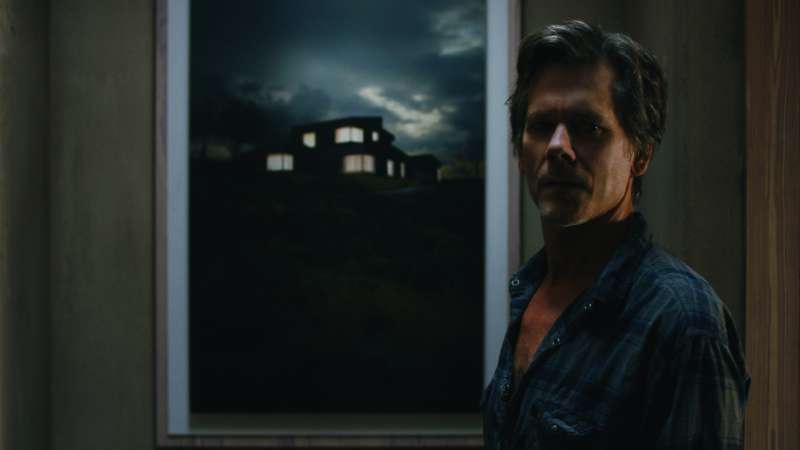The coronavirus pandemic has been devastating for the nation’s restaurants, as health concerns and forced closures dry up most of their business. The phased reopenings that most cities and states are now implementing are proving too little, too late for many eateries to hope of being profitable again.
New York Mayor Bill de Blasio has now announced the details of an executive order that would allow the city’s restaurants—which have been forced to subsist on takeout and delivery service since March—to open outdoor dining by Monday.
The Mayor’s Open Restaurants plan would let restaurants set up tables and chairs in curb lanes and sidewalks, reports the New York Post, as well as patios and backyard spaces if they have them. Come July, they’ll be able to start serving alfresco meals on streets that have been temporarily closed to traffic.
Indoor dining rooms would remain closed during this second phase of the city’s reopening.
“At a very difficult time for the bar & restaurant industry, this program will help them stay afloat,” tweeted City Councilmember Keith Powers. “It also gives us a vision for a city where we better use outdoor space and streets.
Several other cities and states have been letting restaurants spill out onto sidewalks, parking spaces, and even streets as part of a partial easing of their lockdown orders. Other jurisdictions are going farther by allowing indoor dining rooms to open, albeit with the requirement that they operate at reduced capacity and follow social distancing protocols.
The hope is that this will let businesses start making money again while mitigating the risks that come with packed dining rooms. More likely, many restaurants will be left operating in the red.
Restaurants that have had to subsist on takeout and delivery are like “a person being on 25 percent lung capacity,” says industry analyst Aaron Allen. “You can sustain that for a period of time but it’s not healthy to do it over an extended period. With a few more chairs on the patio, you just went from 25 percent capacity to 28 percent. You need to be at a minimum of 90 percent lung capacity.”
A May survey of restaurant owners conducted by the New York City Hospitality Alliance found that two-thirds of them said they would need to reach 70 percent occupancy in order to survive.
The Open Restaurant guidelines released today specify that business can place tables on the sidewalk only directly in front of their storefront, and that they must maintain eight feet of distance between their seating and the curb.
“I’m only excited for Phase Two because it gets us closer to Phase Three when we can have a 50 percent capacity indoor crowd,” one restaurant owner told the Post.
Even indoor dining isn’t necessarily a full cure, says Nick Zukin, who owns the Mexican restaurant Mi Mero Mole in downtown Portland, Oregon.
“Most floor plans pre-Covid were designed for efficiency,” he tells Reason via email. In other words, restaurants did their best to fit as many diners into their space as possible. In normal times, Zukin says, he was able to have 60 seats for patrons while still complying with the Americans with Disabilities Act requirement that walkways be at least 30 inches wide. After redesigning his floor plan to abide by the state’s social distancing guidelines—which require six feet between customers at all times—Zukin says he’s now only able to fit 20 seats in his restaurant. He’s also had to close down his bar seating.
The Portland Bureau of Transportation has created Healthy Business permits that allow restaurants to apply for permission to set up seating on sidewalks and streets. Outdoor tables would still have to be six feet apart.
That’s feasible for Zukin—his restaurant has a nice, wide 14-foot sidewalk in front of it, by virtue of being next to a light rail line. But that’s hardly typical. “Most sidewalks do not allow this. If the city strictly enforces the new outdoor seating guidelines, I would guess at least 95 [percent] of all sidewalk seating is eliminated,” he says.
Countrywide, restaurant reservations are down about 60 percent from where they were last year, according to data from the reservation website OpenTable. Even in Florida and Arizona, which have gone further in easing their lockdown orders, restaurants are down by about half.
Allen says that a lot of restaurants will be able to survive by cutting costs, slimming down menus, and experimenting with new business models and delivery options. He still predicts that 20 percent of restaurants will closer permanently without a massive government bailout.
Today, Sen. Roger Wicker (R–Miss.) and Rep. Earl Blumenauer (D–Ore.) proposed a $120 billion bailout fund for restaurants.
An analysis by Allen’s firm found that two-thirds of publicly traded restaurant chains have debt burdens high enough to put them at risk of bankruptcy.
Zukin puts his restaurant’s odds of survival at 50–50, given that he’s operating in a downtown where most nearby businesses and offices are still closed. “The suburbs with lots of parking and outdoor seating or a drive-thru window is definitely the place to be now,” he says.
from Latest – Reason.com https://ift.tt/3enh0LO
via IFTTT




